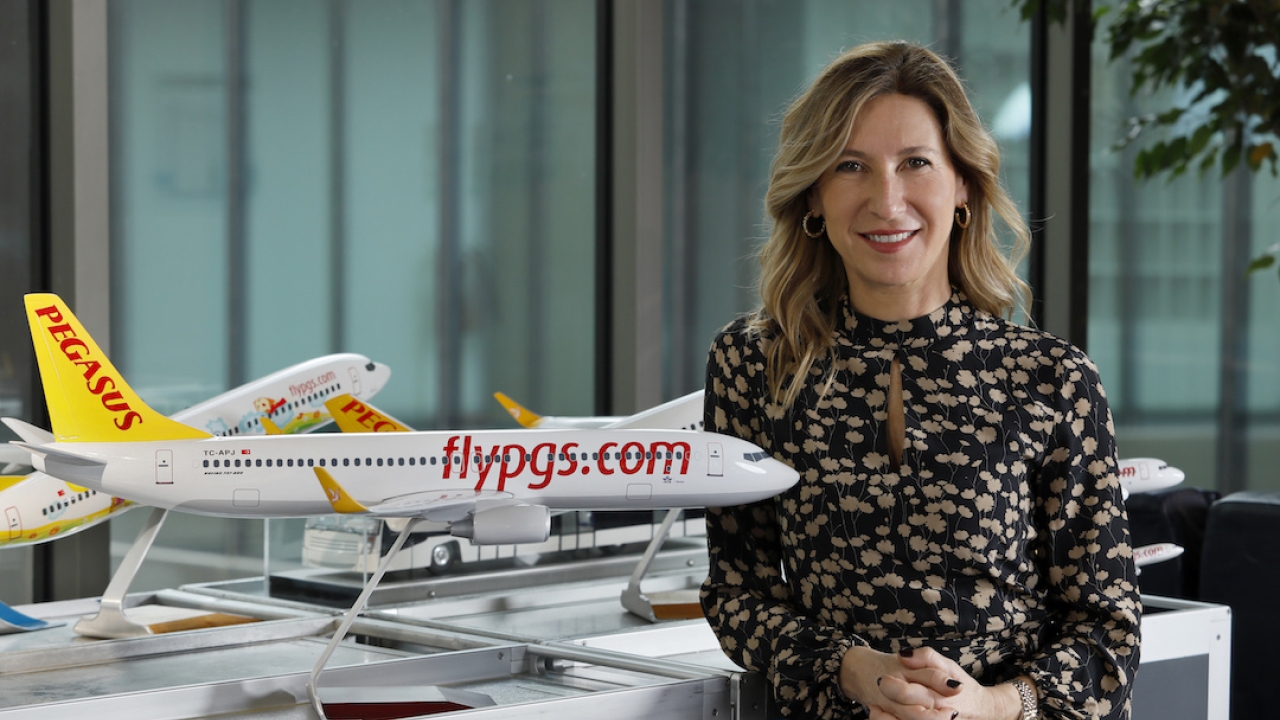Access selected deals available with budget and full-service airlines
Lock any airfare that sounds great. You don’t lose anything if you cancel it
Call us anytime for any assistance. We do not go into hibernation
Your personal and financial information stays secure with us
Pegasus Airlines, officially Pegasus Hava Taşımacılığı A.Ş., is Türkiye’s leading low-cost carrier, headquartered in the Kurtköy area of Pendik, Istanbul. Known for its affordable fares, extensive network, and modern fleet, Pegasus has transformed air travel in Türkiye and beyond by making flying accessible to a broader audience. Below is a comprehensive overview of Pegasus Airlines, covering its history, operations, fleet, services, sustainability efforts, challenges, and future outlook.

Pegasus Airlines was founded on December 1, 1989, as a joint venture between Net Holding A.Ş., Silkar Yatırım ve İnşaat Organizasyonu A.Ş., and Aer Lingus, initially operating as a charter airline. Commercial flights began on April 15, 1990, with two Boeing 737-400 aircraft. The airline faced early challenges due to the 1990 Iraqi invasion of Kuwait, which disrupted Turkish tourism. By 1992, tourism rebounded, and Pegasus expanded its fleet with a third Boeing 737-400 and leased two Airbus A320s. In 1994, Aer Lingus and Net sold their shares to Yapı Kredi Bank, making Pegasus a fully Turkish-owned company.
A pivotal moment came in January 2005 when ESAS Holding, owned by Şevket Sabancı and his family, acquired Pegasus. Under the leadership of Chairman Ali Sabancı, the airline transitioned from a charter to a low-cost model in November 2005, focusing on affordable, point-to-point travel. This shift propelled Pegasus to become Türkiye’s second-largest airline and a regional leader. In 2007, Pegasus carried more passengers than any other private Turkish airline, and by 2013, it transported over 16 million passengers annually.
Significant milestones include Pegasus becoming the first Turkish airline to order the Boeing 737 Next Generation (737-800) in 1997 and the Airbus A320neo in 2012, with a $12 billion order for 100 aircraft (75 firm, 25 optional), the largest single commercial aircraft order by a Turkish airline at the time. In 2011, Pegasus partnered with Air Berlin to form Air Berlin Turkey, which was absorbed into Pegasus by 2013. Additionally, in 2012, Pegasus acquired 49% of Kyrgyz carrier Air Manas, launching Pegasus Asia in 2013.
As of August 2024, Pegasus operates a fleet of 111 aircraft, with an average age of 4.5 years, making it Türkiye’s youngest fleet and earning the World’s 2nd Youngest Aircraft Fleet Award 2025 in the 100+ aircraft category by ch-aviation. The fleet comprises 10 Boeing 737-800s, one Boeing 737 MAX 8, 7 Airbus A320ceos, 46 Airbus A320neos, 42 Airbus A321neos, and two leased Airbus A330s (one -200 and one -300). The airline operates from five bases in Türkiye—Istanbul Sabiha Gökçen (primary hub), Adana, Ankara, Antalya, and Izmir—and one in Northern Cyprus at Ercan International Airport.
Pegasus serves 146 destinations across 53 countries, including 37 domestic and 109 international routes, covering Europe, Russia, the Caucasus, the Middle East, North Africa, and Asia. Key destinations include Istanbul, Ankara, Izmir, Antalya, London, Dubai, and Tbilisi. The airline offers connecting flights through Istanbul Sabiha Gökçen, enabling affordable travel to distant destinations, such as from the UK to Dubai via Istanbul. Pegasus has codeshare agreements with airlines like KLM, Flynas, Qatar Airways, Delta Air Lines, ITA Airways, and Nile Air, enhancing its global reach. In 2023, Pegasus carried 31.9 million passengers, including 11.9 million domestic and 20 million international travelers.